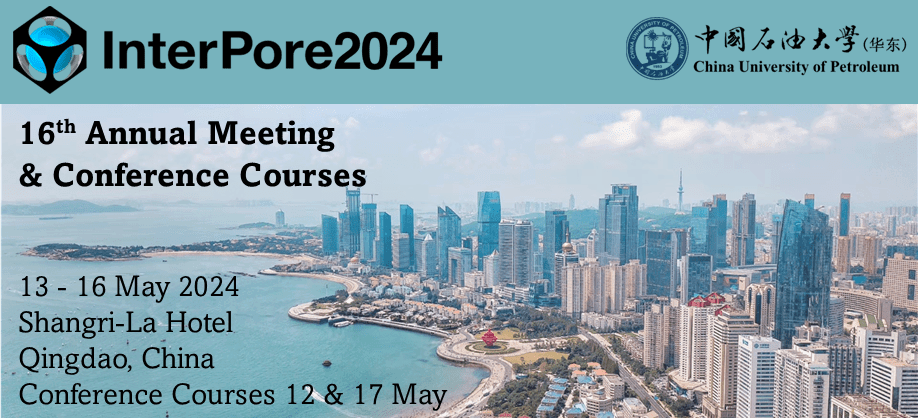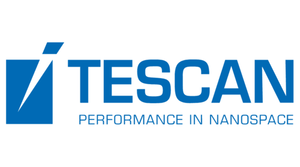Speaker
Description
The underground reservoir is a typical porous system, and the oil is stored as fluid in the pores of the reservoir. The efficient extraction of oil, which is primarily dependent on the reservoir development scheme, is a significant challenge. However, traditional reservoir development optimization methods mainly rely on manual experience or limited numerical simulation-based comparisons of development schemes. Typically, the issue of a reservoir development scheme optimization is high-dimensional when the reservoir is complicated. The proposed surrogate-assisted and autoencoder-based evolutionary optimization framework is ideally suited for addressing this challenging problem in reservoir development scheme optimization. This work intends to improve the cooperative optimization capability balancing exploration and exploitation. The autoencoder is used to map the decision space to the low-dimensional space for evolutionary optimization, thereby maximizing the value of the solutions with relatively poor performance. Surrogate model is utilized in the original high-dimensional space to pre-screening for quickly recommending new promising solutions, which further boosts the searching performance. Through the cooperation of autoencoder and surrogate model, the optimization performance for the reservoir development scheme is strengthened. This approach is tested in the reservoir cases, and the experimental results show the obtained development scheme can get more oil from the reservoir porous system. Therefore, the approach has a lot of potential for dealing with reservoir development scheme optimization design issues.
| Country | China |
|---|---|
| Conference Proceedings | I am interested in having my paper published in the proceedings. |
| Student Awards | I would like to submit this presentation into both awards |
| Acceptance of the Terms & Conditions | Click here to agree |




.jpg)
